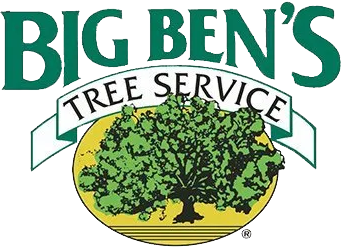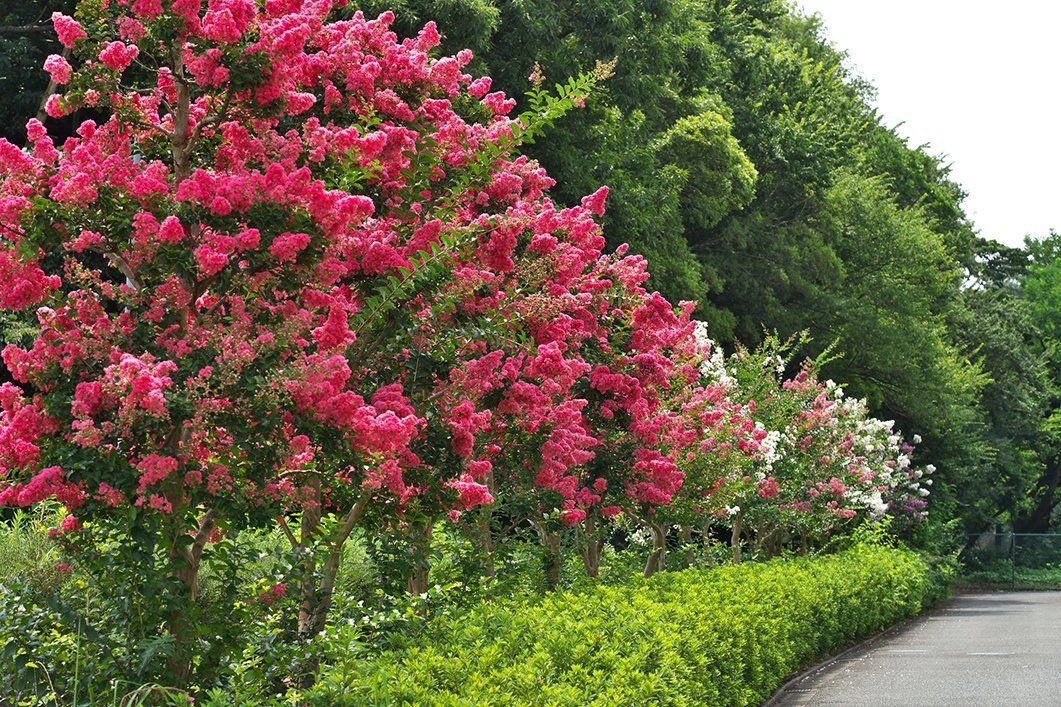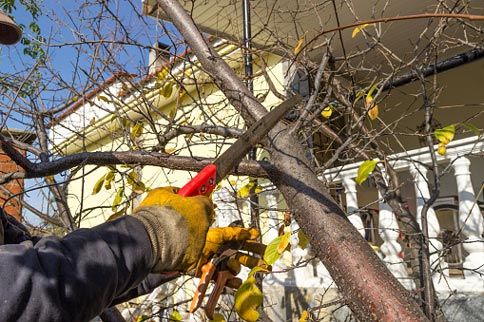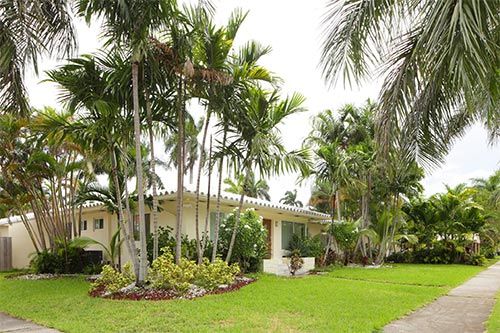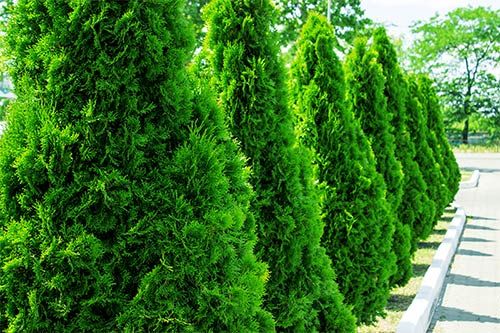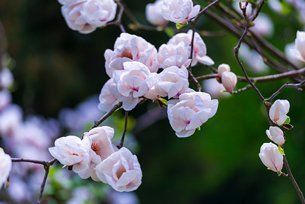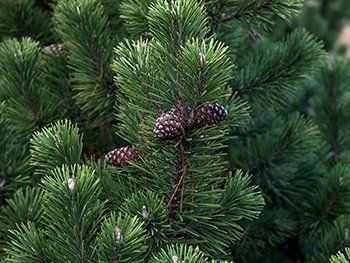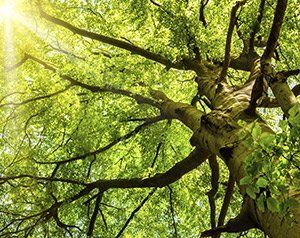What Should You Know About Your Neighbor's Trees?
Admin • October 30, 2018
Maybe you've noticed a creaking branch overhead, or some roots intruding into your lawn. Trees, unfortunately, don't respect property boundaries.
Maybe you've noticed a creaking branch overhead, or some roots intruding into your lawn. Trees, unfortunately, don't respect property boundaries. When a tree passes over into your area, it can become a hazard and a responsibility. What should you know?
Don't Just Trim a Tree
Though a neighboring tree may have intruded into your yard, you may not want to trim it immediately! Trimming a tree can cause damage to the tree and could cause the entire tree to die if you trim too much. A dead tree isn't just sad, it's far more dangerous than a living tree and will cost more to get removed.
If only a few small branches have emerged over your yard, you're generally safe to cut them back over your property line. But if the tree is tilting over your property fairly seriously, you need to call a professional first. This professional will be able to cut the tree back over time, so it doesn't die or fall.
The Tree Roots Extend as Far as Its Crown
What you see overhead of a tree is usually about what you see under a tree. In other words, the diameter of the visible tree is probably the diameter of its root system. But some trees are thirstier than others and can go much further.
Because of that, a tree in a neighbor's yard could possibly cause plumbing issues in your yard. You won't know until you have a plumber out. If a plumber does come out, they should be able to treat the pipes to kill roots inside of the pipe without harming the tree. This choice of action is ideal as you won't need to ask your neighbor to do anything about the tree itself.
Don't Get the Fruit
Though you may want to check into your local laws, most places won't allow you to pick fruit off of a neighbor's tree; even if the tree is extending over your fence. So even though the neighbor's apple tree is looming ahead, you can't pick the apples.
In fact, in some localities, you can't even pick up the fruit that's fallen to the ground. You need to leave them alone entirely; however, you don't necessarily have to bundle them up and return them to your neighbor.
The Tree Might Be Part Yours
Tree ownership is actually determined by where the tree's trunk is on the property line. If part of the trunk itself is across your property line, it's possible that you share ownership of the tree.
This information can be important for you to know because it means that you're also responsible for the tree's care as well as making sure the tree doesn't damage surrounding property or injure someone. As a plus, a well-tended tree can improve property values and you may want to prevent your neighbor from doing anything to the tree.
A Mature Tree Is Extremely Valuable
Mature trees usually cost in the tens of thousands of dollars because you cannot easily replace them and they add value to a property.
When making decisions about your neighbor's trees, you should also consider if your actions could accidentally damage the tree. Not only do trees add value to a property, but you could end up in hot water if anything you do impacts the health of your neighbor's trees.
Trees can be a touchy subject because though they are attractive and expensive, they can easily encroach on another person's territory. If you're having issues with neighboring trees (or your trees are bothering your neighbor), contact Big Ben's Tree Service
to discuss your options.
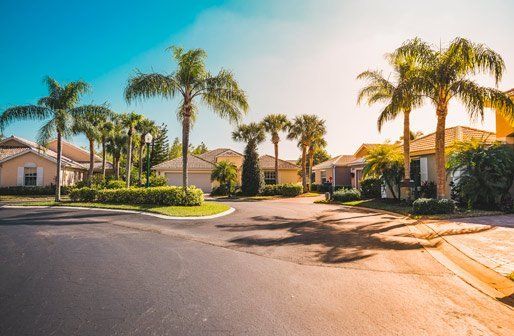
Late spring is the ideal time to plant palm trees in the North Florida landscape. May to June are also great months to remove and replace palm trees that are sick or severely winter-damaged. When you plan your new palm tree installations, be mindful of site preparation, the suitability of the palms you select, and the maintenance involved in various palm species. Here are four tips to help you have great success with your palm trees.
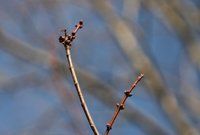
With the weather still chilly and wintry, you may not yet be thinking about spring landscaping maintenance. However, late winter is actually the best time to provide your trees with some care. Most trees are dormant through the winter and remain so until early spring. This is the best time to trim them, clean up any debris beneath them, and apply fertilizer to the soil surrounding them.
